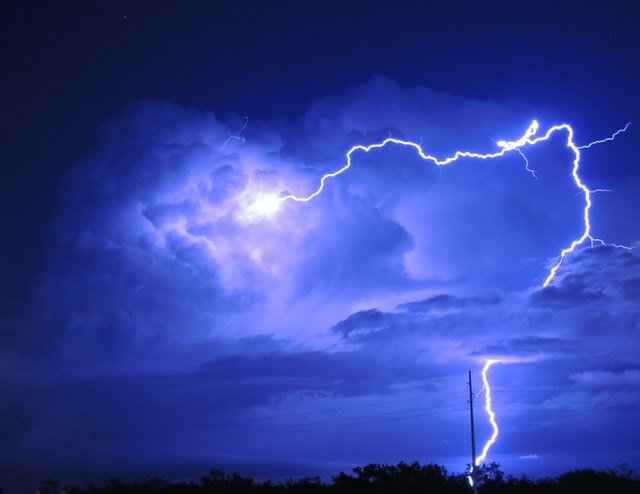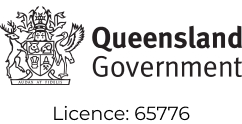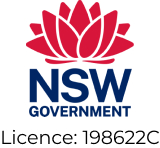3 April 2018
Are you prepared for the next flood or storm?
The aftermath of Cyclone Debbie has left parts of north Queensland with significant damage. Brisbane and the South East are also recovering from the flash flooding that followed.
This isn’t the first time Queensland has had to endure harsh weather and flood conditions, not forgetting the Brisbane floods of 1974 and more recently 2011 as well as tropical cyclones Larry and Yasi.
As Queenslanders, we must be prepared for weather events such as these. There are a few things you may need to think about to ensure the safety of your home and family before, during and after a flood or storm.
Health & Safety

- Have a list of emergency phone numbers including local authorities, ambulance, hospital and rescue.
- Assemble a basic “survival” kit that includes first aid supplies, a torch, portable radio and spare batteries.
- Secure hazardous items and move what you can to higher ground. Tie-down loose, buoyant items to prevent them from being carried away or battered.
- Find out whether you are in a flood-prone area and take advised precautions. Check your area using the Brisbane City Council map here.
Electricity
- Remember that every source of electricity can be extremely dangerous in flood conditions.
- Make sure that you test your safety switches regularly. They need to be tested at least every 3 months, use your quarterly electricity bill as a reminder.
- If flood warnings are issued, consider your chances of flooding. If you have a circuit breaker switchboard, turn each breaker on to the OFF position to minimise the danger of short circuits.
- Switch off and unplug electrical equipment that may become subject to water contact, or move it to a higher location.
- If you lose power, turn off your power points and unplug all electrical equipment.
- If your home or power line has been damaged by a flood or storm, you will need to have your switchboard tested as well as all electrical wiring and appliances before you can be safely reconnected.
- Do not attempt to repair or re-operate flooded appliances yourself. All hard-wired appliances such as air conditioners, stoves etc. must be checked by a licensed electrician before being safe for use.
Plumbing
- Make sure that your drains have not been clogged by previous floods. Mud, debris and other solids are often swept into drains during a flood clean up. This can solidify over time which blocks your drains and means you are at greater risk should the area be affected again.
- If you use gas for cooking or heating, close the main valve.
- Close the main water valve. This may reduce the chance of flooding internally if the property is left empty for a period of time and there is a damaged or burst pipe.
- Move all cardboard and paper materials to higher ground to prevent them from breaking down and clogging your drains.
- If your hot water system floods, the controls may suffer corrosion damage and the insulation around the system may also flood and be disrupted. This doesn’t cause problems initially, but will in the future. Make sure you do not attempt to repair any affected hot water systems yourself. Always seek the advice of a professional.
- Clean your gutters regularly to prevent overflow and other issues in case of a flood. Check for leaks in downpipes and guttering.
- If you have a rainwater tank, make sure that the pipes are also clear
Mould & Environment
- Mould can develop in the first day or two after water damage and can lead to serious health issues.
- Minimise mould growth and move as much furniture and wooden objects as possible to higher ground.
- Have some non-ammonia detergent or rubbing alcohol ready in case mould occurs.
- You can also have your home professionally cleaned and de-moulded for peace of mind.
- Take care of the airborne mould. If you suffer from respiratory issues have an air purifier in the home and make sure that your air conditioning units have been cleaned before using again.
- Be aware of increased levels of mosquitoes and snakes. Have some insect repellent handy and do not attempt to approach or remove snakes yourself.
Suggested articles
No articles found









